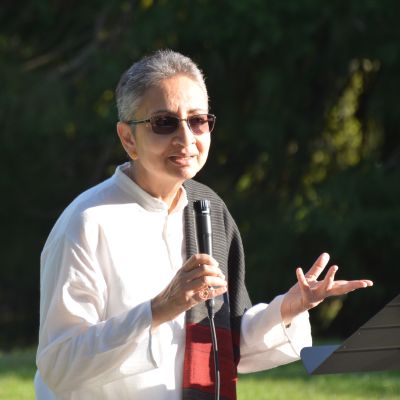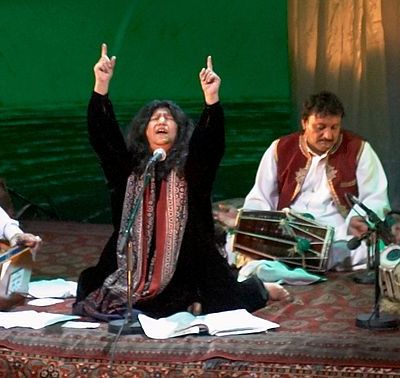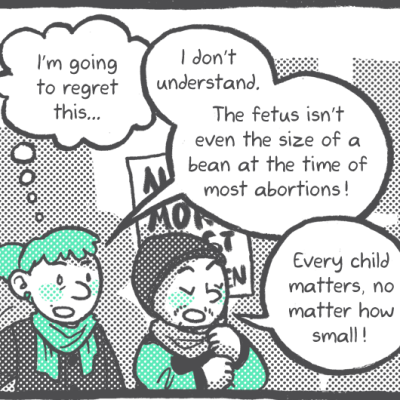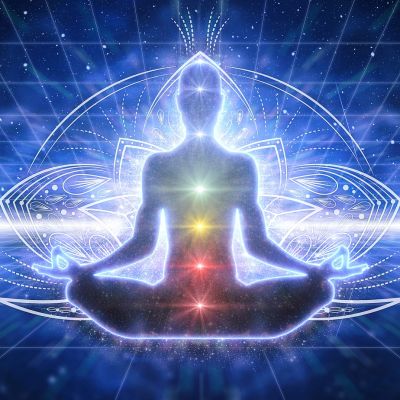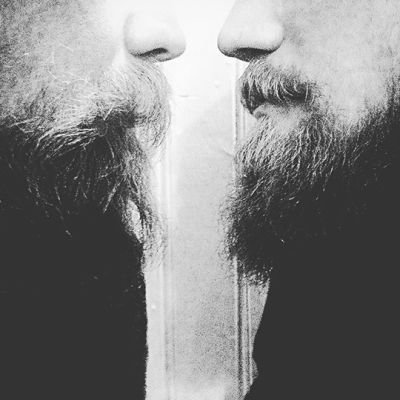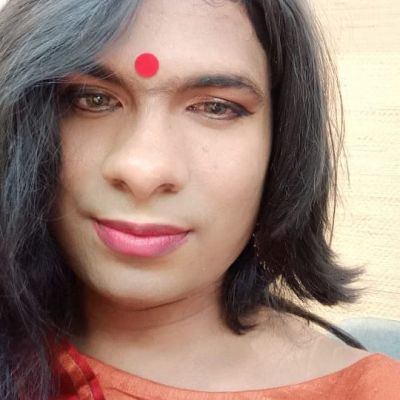Sexuality
Spirituality and sexuality (for most people, if they are not asexual or voluntarily celibate, either of which is their right to be) are both about union. And they are both about deeply personal and intimate aspects of oneself.
Reflecting on the theme of Spirituality and Sexuality for this issue of In Plainspeak, in an interview with Shikha Aleya, Lata says,“What might a spiritual approach contribute? It can lead you to understand that there is a core aspect of you that exists prior to and alongside the particulars that shape your identity – class, gender, sexuality, religion, able-bodiedness, etc…”
Spirituality often means different things to different people – some may dismiss it, some may link it to faith or religion, while some may simply experience it as a personal moment of connection. And spirituality is just that, a moment in which one feels ‘beyond’ oneself.
In my adulthood, I have experienced God outside of how I was taught to experience Him. I have discovered that I am a sexual being with infinite ways of experiencing pleasure. Almost all of these ways are outside of the tame abstinence-penetrative sex to get pregnant-abstinence cycle prescribed by the Catholic Church
Sounds of Abida Parveen and Falguni Pathak’s force move me to other frames, that foreground unforgiven settlements. They provide me with what Jacqui Alexander has so beautifully called “pedagogies of the sacred.”
However elusive the combination of safety and adventure, it’s a framework I find terribly useful. It helps me understand much of life, including spirituality and sexuality, and what the two might have in common.
Pro-life arguments have invoked faith and religion to decry a person’s right to seek an abortion, and the right to decide what to do with one’s body. But, as Everyday Feminism’s comic, The Hypocrisy of Pro-Life Rhetoric, breaks it down for us, it is not with religion or faith where the problem lies.
Or is spirituality something larger, existing in itself, a consciousness much larger than sex, with sexuality being a smaller part, one that is bound to the body, a physical act of pleasure in the temporariness of time and space expressed through the body which is a limited instrument for it?
What do we create for ourselves in that moment of acute awareness? Do we create empowerment, love, care, self-expression; or do we manipulate it to create abuse, distrust and disharmony? For, what is spirituality if not the uplifting of the human spirit? If sexuality is the medium for someone, what’s the problem?
In this mid-month issue we bring you some more interesting and intriguing articles on masculinities and sexuality starting with Mona Mishra’s thoughtful take on masculinities and vulnerabilities. Shikha Aleya interviews Daniel Mendonca who self-identifies as intersex and is a gender rights activist who engages with diverse groups of people in India and other countries to expand awareness, build empathy and foster an environment that is accepting of diversity.
The inability to correctly identify, express and soothe (all three without exception, and in no particular order) inner vulnerabilities and imperfections is the weakest link between asserting masculinities and being able to properly live their full potential.
Shikha Aleya interviews Daniel Mendonca who identifies as an intersex person and is a gender rights activist who has engaged with diverse groups of people in India and other countries, to expand awareness, build empathy and foster an environment that is accepting of diversity.
Dilli ki Galiyaan therefore offers us a broader canvas for our desires, than the one afforded by the clear cut binaries of our current debates. The text shows that there will be masculinities that we urgently need to discourage; while men who do not encourage us will continue to exist.
Being a man isn’t about domination, and it definitely isn’t about subjugation of feminine people. We need to find a way to re-frame masculinity so that it isn’t diametrically opposed to respectful and equal gender relations.
अस्वस्थ्य मर्दानगी या विषाक्त पुरुषत्व का हिंसक होने के लिए ज़रूरी नहीं है कि जाहिर तौर पर मौखिक या शररिक रूप से घातक हो। इसके लक्षण रोज़मर्रा के वार्तालाप या अंतरंग बातचीत से भी सामने आते है।


